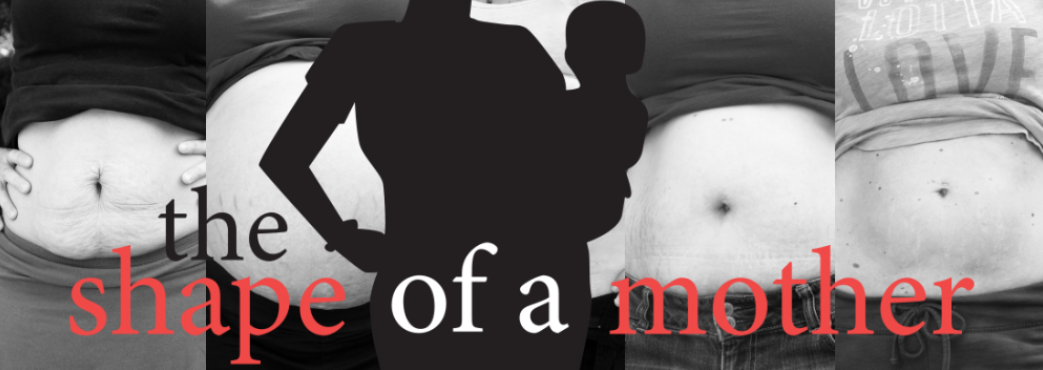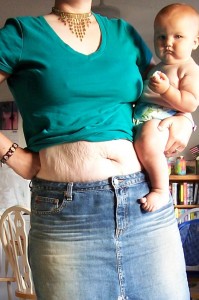SOAM’s been around now for seven years! I can hardly believe it. Seven years of bellies and learning to love the bodies we’re in. This blog changed who I am and how I see myself. You guys changed who I am and how I see myself. Thank you for that, so much. I hope you can say the same for SOAM and the community we have here.
Here are links to some of my favorite entries from the past year.
Jan asked if you’d choose to love yourself. “We all have our own story, full of triumphs and letdowns, joy and pain. I want to ask if YOU will make a change today, if you are in a bad situation or feeling down about your appearance… because you cannot give, or get, anything valuable out of life if you do not love yourself! Will you choose to love yourself? For you are a mother.”
This post talks about our value beyond our physical selves. “I’m far from where I want to be but I know I will get there. And in the meantime, I’m a good mom, a good wife, a good friend, a good sister, and a hard worker, among other things. I am more than my skin and appearances. And so are you. We aren’t perfect, nor will we ever be, but we are who we are and we need to love us.”
Darah’s post is one of my all-time favorites. Really. Just go read it. And love yourself.
Because you deserve to. You are beautiful. You are smart and funny and loving, and your child thinks you are the best mom ever. Each little mark on your body tells your story. The marks that show how your daughter grew, the scar from where your son entered the world – they are no different than that scar from when you fell and busted your knee. They are not a judgment of your worth, they are simply another chapter in your book. You get to write the ending.
How has SOAM helped you learn to love yourself? What is your favorite thing about you? How do you help other women learn to love themselves?
You can read through more inspiring posts by looking through the categories Readers’ Favorite and Positive Body Image.



